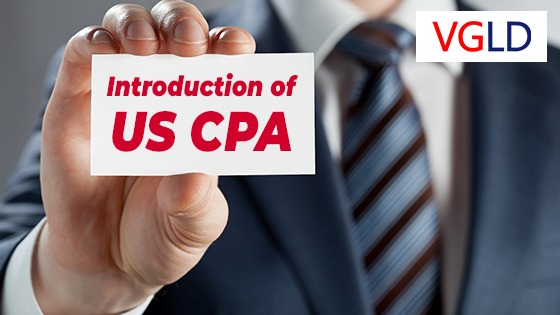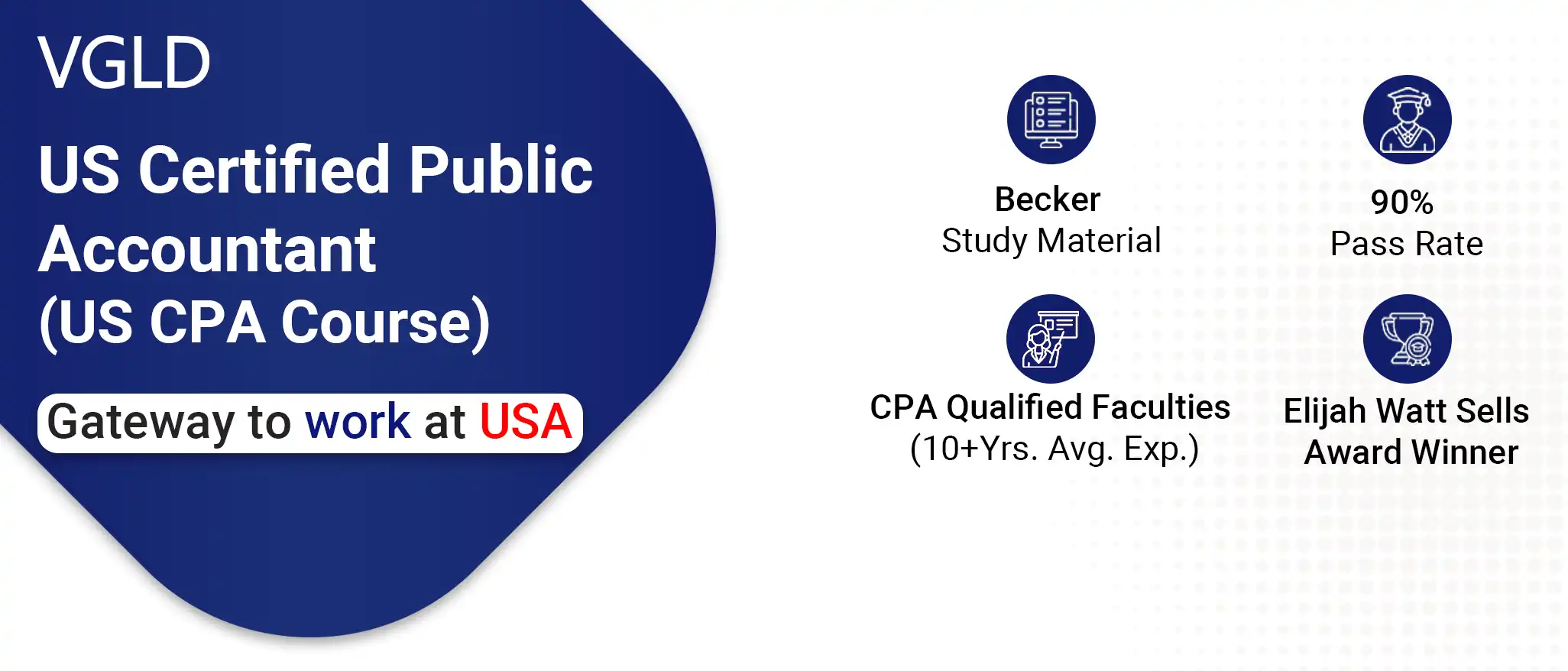The United States Certified Public Accountant (CPA) is one of the world’s most prestigious accounting designations. Conducted by the American Institute of Certified Public Accountants (AICPA), CPA is the only license permitted to carry out accounting services to the public in the USA. It is one of the most sought-after crown jewels in the world of the accountancy profession. Given the all-round development of the US economy and the dominance of the US firms worldwide, the plethora of opportunities it offers increases manifold for the individuals globally.
Why should you pursue CPA?
While India has its own coveted accountancy program of Chartered Accountancy (CA) by The Institute of Chartered Accountants of India (ICAI), the instant question that creeps up is – Why do we then need to look elsewhere? Given the growing push for ‘Go Local’, many of you would be tempted not to give even a second thought to this course.
But hold on! Your career is not made in a day or two, right? It takes years of hard work in the right direction. So before jumping to any conclusion, let us just spend 40 seconds to quickly go through the following features of pursuing the US CPA Course, while studying in India:
- Testament of being an expert in the world’s most developed accounting standards
- The opportunity of being employed by the world’s biggest companies like PepsiCo, Xerox, Accenture
- Clear just 4 exams within 12 months to earn a CPA certification!
- Increased prospects of being employed in the USA/outside India
Scope of CPA course
We, now need to ensure that we understand the CPA course, its curriculum, and exam dates. CPA, as a course, requires you to clear just 4 papers! (Yes, you heard it right).
CPA tests your skills in four sections namely:
- Auditing and Attestation (AUD)
- Business Environment and Concepts (BEC)
- Financial Accounting and Reporting (FAR)
- Regulation (REG)
All four papers are a mixed bag of multiple-choice questions, short task-based simulations, and written communication to test the overall ability of the candidate.
Students can appear for these four sections in any order of their choice. To be successful, a student must pass all four sections within a time frame of 18 months.
Exams are conducted throughout the year on a rolling basis across four testing windows. This provides the students with ample opportunities to prepare and appear for exams according to their schedules and time needs.
Benefits of pursuing CPA
With growing globalization and cost benefits, many multinational corporations (MNCs) including Wall Street giants like JP Morgan, Goldman Sachs, Citigroup etc. have set up their accounting and technical base in India. This, thereby, opens a plethora of opportunities for candidates who have knowledge of Foreign Accounting Standards and Principles like the CPA.
Notably, almost 25% of the Global Fortune 500 companies are US-based. So naturally, the demand and opportunities for people with knowledge in the US GAAP (similar to Ind AS) are immense. With a CPA recognition, a person working in an MNC can expect to earn almost 30-40% salary more than any other accounting professional.
Listed below are some of the exciting career opportunities post CPA qualification:
- Assurance Services
- Foreign Accounting
- Internal and External Auditing
- Consulting Services
- Tax and Financial Planning
Eligibility Criteria
Below is a high-level criterion for being eligible for the CPA examination and CPA License.
| CPA Examination | CPA License |
| 120 CPE credits | 150 CPE credits |
Now, let’s dwell upon how we achieve the above CPE credits. Generally, each year of college accords 30 credits.
Exception – Graduation from a NAAC A University with first division gets a 4-year bachelor’s degree with 120 credits.
As an example, the following combinations can help you to easily determine your eligibility:
- B.Com + 1 year Diploma – 120 credits
- B.Com + CA Inter/ ICWAI Inter / CS Executive – 120 credits
- B.Com + M.Com (2 year) – 150 credits
- B.Com + MBA – 150 credits
- B.Com + CA/ ICWA / CS – 150 credits
Also, please note that any graduate- BBA/BA/BCA/B.Tech is also eligible to obtain a CPA qualification, similar to any B. Com candidate.
Lastly, candidates who are unable to obtain 120 CPE credits through various combinations, may undertake a 1-year accounting diploma program from any recognized university that accords 30 CPE credits to their 3-year graduation degree of 90 credits (30 x 3 years).



